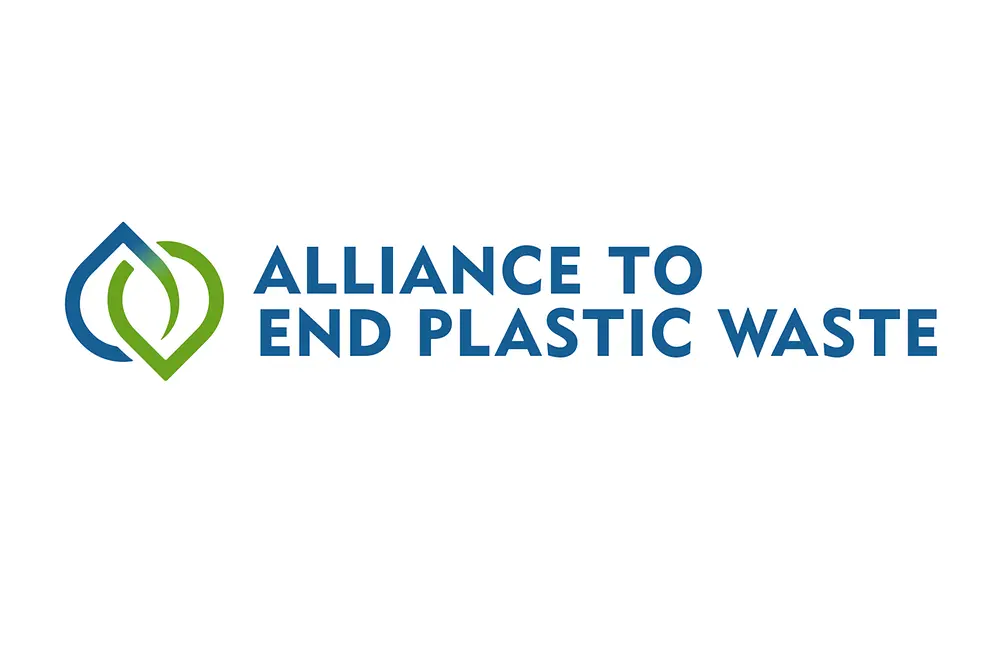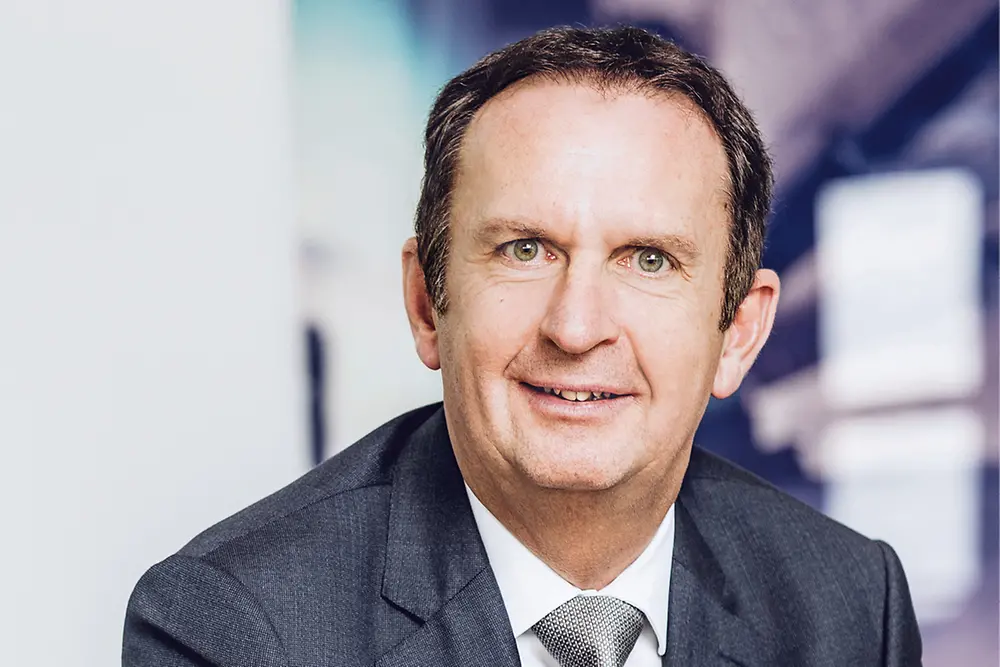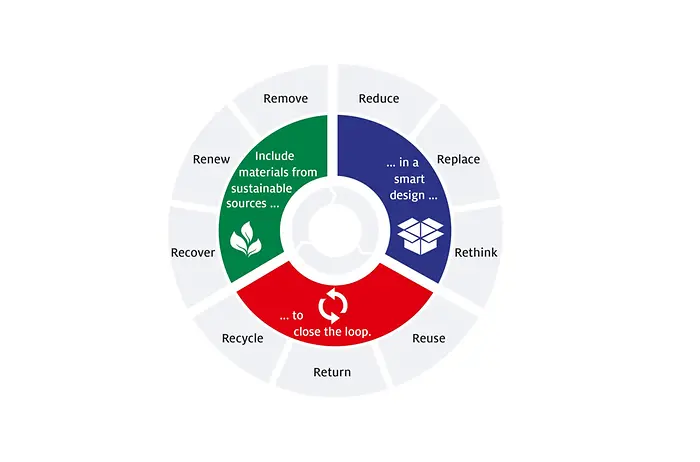Global challenges need global solutions – this is why nearly 30 companies from the plastics and consumer goods value chain today launched the new “Alliance to End Plastic Waste” (AEPW). The Alliance will develop and bring to scale solutions that will minimize and manage plastic waste. It will also promote solutions for used plastics by helping to enable a circular economy. Building on its existing efforts for sustainability and its commitment for a circular economy, Henkel joined the Alliance as one of the founding members.
„As a global consumer goods and industrial company, we at Henkel want to contribute to ending plastic waste. Developing sustainable solutions for this challenge will only be possible if we engage and collaborate across the entire value chain – from suppliers, trade partners, consumers and organizations through to governments,” says Hans Van Bylen, Henkel CEO and President of the German Chemical Association VCI.
Commitment across the plastic value chain
The Alliance has committed over 1.0 billion US dollars with the goal of investing 1.5 billion US dollars over the next five years to help end plastic waste in the environment. Members are chemical and plastic manufacturers, consumer goods companies, retailers, converters, and waste management companies – they represent the range of companies that make, use, sell, process, collect, and recycle plastics. The Alliance has been working with the World Business Council for Sustainable Development as a founding strategic partner.
The global Alliance has the mission to advance solutions to eliminate plastic waste in the environment, especially in the ocean. Therefore, it will develop and execute Alliance-sponsored projects along with individual, company-directed investments that drive progress in four key areas:
- Infrastructure development to collect and manage waste and increase recycling
- Innovation to advance and scale new technologies that make recycling and recovering plastics easier and create value from all post-use plastics
- Education and engagement of governments, businesses, and communities to mobilize action
- Clean up of concentrated areas of plastic waste already in the environment, particularly the major conduits of waste, like rivers, that carry land-based plastic waste to the sea
Reinforcing Henkel’s efforts for sustainable packaging
“Our decision to become a founding member in the Alliance reinforces our commitment to promoting a circular value chain for plastics, as demonstrated by our strategy and ambitious targets for sustainable packaging,” says Hans Van Bylen.
By 2025, 100 percent of Henkel’s packaging will be recyclable, reusable or compostable*. At the same time, the company aims to use 35 percent recycled plastic for its consumer goods products in Europe. To drive progress toward a circular value chain for plastics, Henkel follows a comprehensive approach.
Henkel is engaged in several cross-industry initiatives to drive innovation in packaging development and to find effective solutions which can be implemented on a large scale. The company is member of the New Plastics Economy (NPEC), an initiative led by the Ellen MacArthur Foundation that brings key stakeholders together to redesign the future of plastics. NPEC is aiming to build momentum toward a plastics system based on the “circular economy” principle.
When developing more sustainable solutions for its product packaging, Henkel closely collaborates with partners along the value chain. Alongside its own innovations, Henkel recently invested 5 million British pounds into an impact fund from Circularity Capital to further promote a circular economy.
Henkel also supports different organizations and initiatives which drive progress for the improvement of recycling infrastructure allowing for a circular economy. Since 2017, the Plastic Bank is an important strategic partner for Henkel. The social enterprise offers solutions to both the environmental problems of plastic waste and the social challenges posed by poverty and the lack of employment opportunities. The local communities can return collected plastic waste and exchange it for money, goods, or services. In this way, value is created from plastic and it does not end up in the waterways or oceans. Henkel has already successfully integrated this so-called Social Plastic into selected packaging.
Progress toward sustainability in packaging will only be possible if stakeholders from all stages in the packaging value chain work together. This is why Henkel also drives initiatives to raise customers’ and consumers’ awareness of the need to use resources like plastic responsibly, to enable them to help create a closed circle for plastics. Therefore, the company has set itself the goal to reach more than 1 billion consumers with targeted information on recycling.
* excluding adhesive products where residue may affect recyclability
More information on the “Alliance to End Plastic Waste” can be found at
www.endplasticwaste.org.
More information on Henkel’s packaging strategy and targets can be found at
www.henkel.com/sustainability/positions/packaging.









